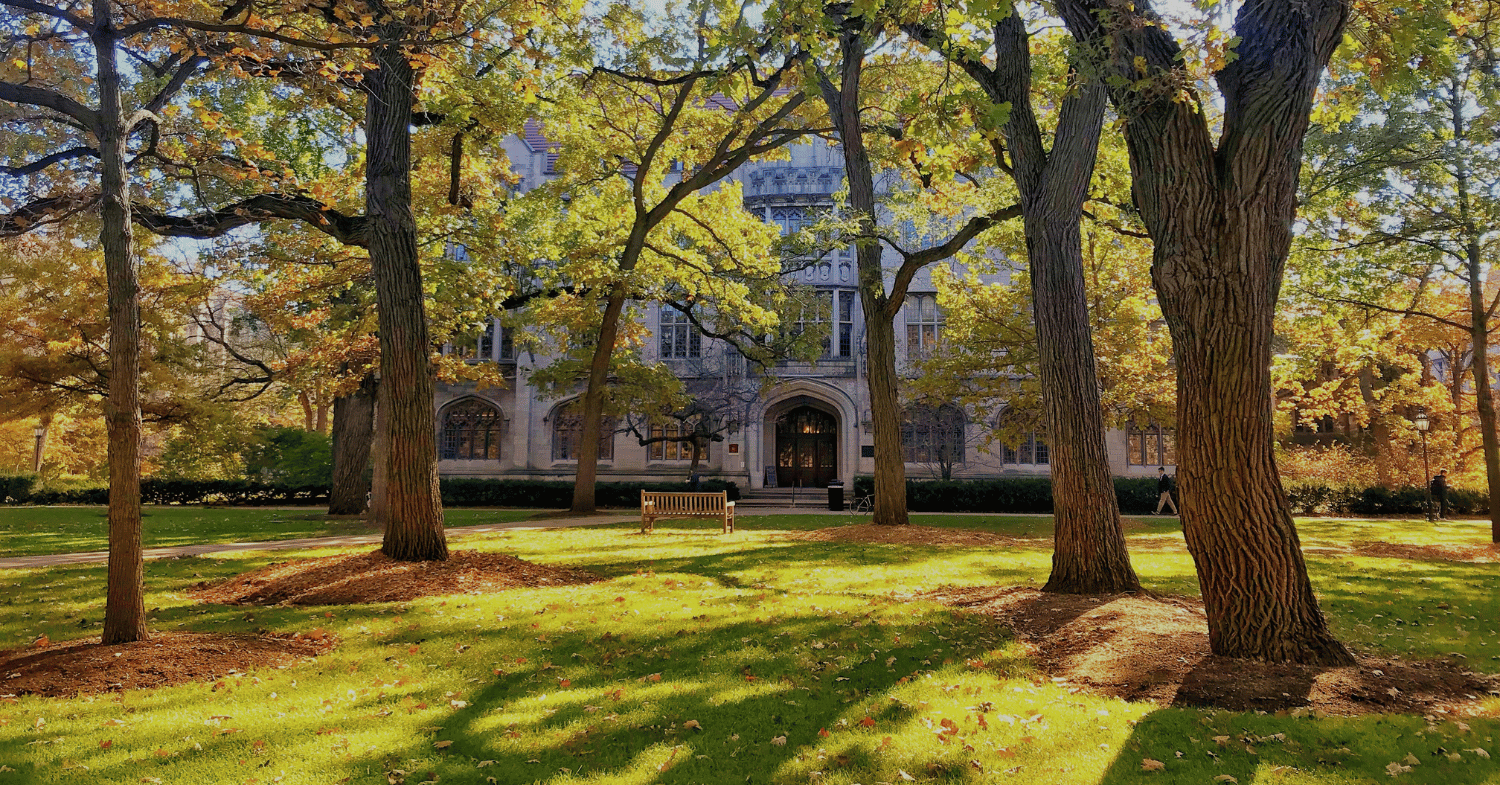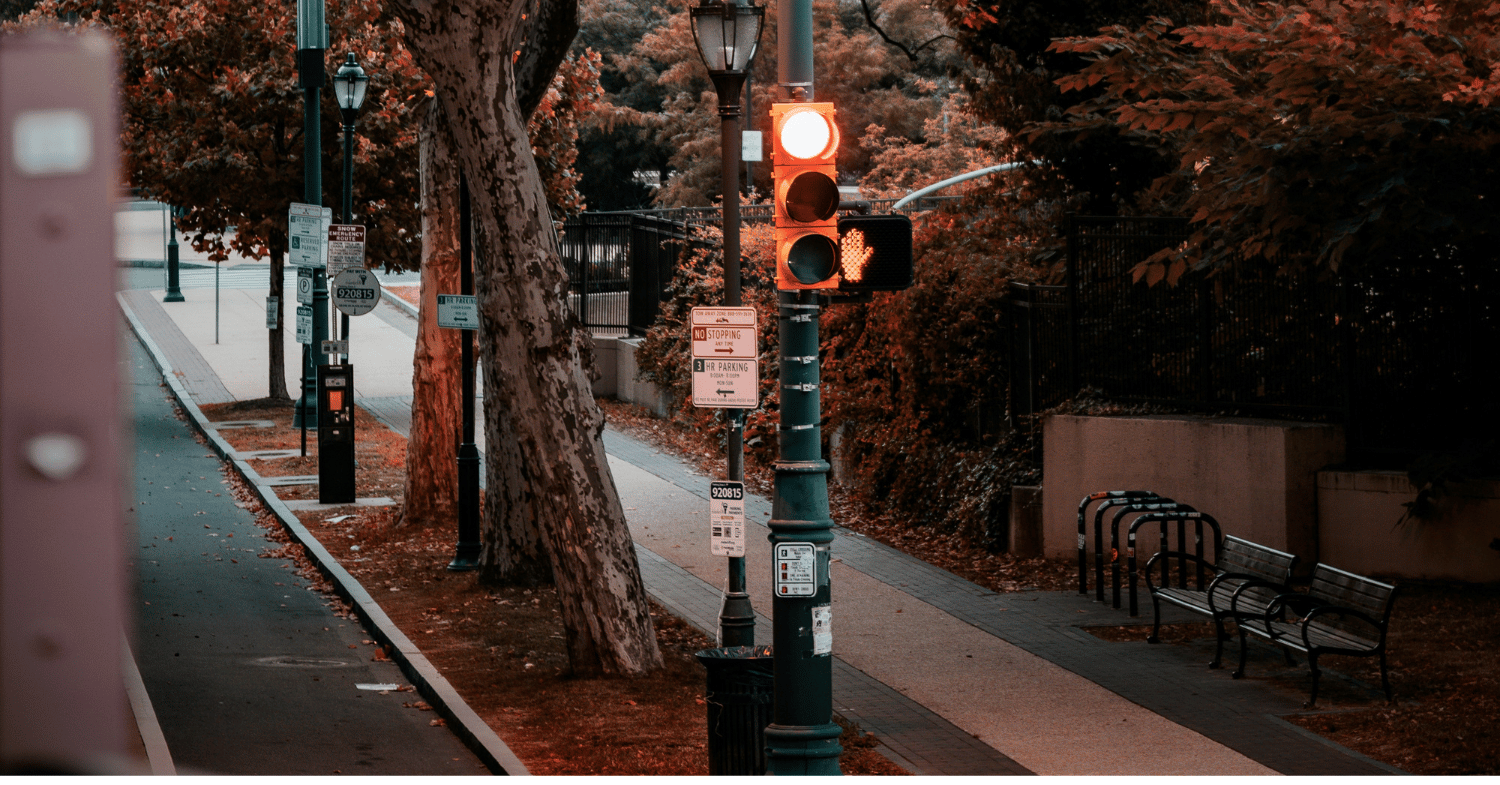Do Ivy League universities prefer private school students?
One common myth surrounding US university admissions is the belief that private school students have an inherent advantage over their public school counterparts.
While statistics may suggest private schools are overrepresented at elite universities, the factors contributing to this trend are multifaceted and do not necessarily equate to an automatic advantage in the admissions process.
The reality behind the numbers
Generally, around 30–40% of students at top US universities are from private schools, even though these institutions educate only about 10% of American high schoolers. On the surface, this might imply a preference—but admissions practices tell a different story.
Ivy League admissions: Public vs. Private school representation
Let's take a look at the composition of previous classes at Ivy League universities:
| Public | Private (non-religious) | Private (religious) | |
| Brown | 58.1% | 32.4% | 9.4% |
| Cornell | 62.1% | 37.9% | / |
| Dartmouth | 55% | 34% | 11% |
| Harvard | 62.7% | 25.5% | 11.4% |
| Princeton | 60% | 27% | 12% |
| Yale | 60% | 40% | / |
US admissions officers emphasise "contextual admissions," evaluating each student's achievements in relation to their background and available resources. Rather than automatically favoring private school applicants, universities value students who excel within their own context. A high-achieving public school student with limited resources can be equally—or even more—impressive than a private school peer with extensive support.
Need additional support navigating your application to the Ivy League? A-List’s University Advising service provides tailored guidance to help you develop the strongest application possible. Our advisors work closely with students to identify colleges that fit their unique profiles and highlight their strengths in every part of the application, maximising their chances of acceptance.
Why private schools appear to have an advantage
Several factors contribute to why private school students may seem favored:
-
Access to resources: Private schools typically offer better college counseling, SAT/ACT preparation, extracurricular opportunities, and specialised advising.
-
Application expertise: Private schools often have experienced counselors or partner with consultancies who are adept at navigating complex application processes, helping students highlight their strengths effectively.
-
Strong connections: Established relationships between elite private schools and top universities can create pipelines, increasing the likelihood of acceptance. Elite private schools frequently have alumni who have gone on to hold influential positions at prestigious universities, further strengthening these ties. These schools also host university representatives for exclusive events, providing students with unique networking opportunities. This network of relationships can facilitate a smoother admissions process, as admissions officers may be more familiar with the academic rigor and reputation of these private schools.
What Ivy League universities truly seek
Universities prioritise diversity, excellence, and authenticity. Admission officers look for students who demonstrate potential, resilience, and achievement relative to their circumstances, regardless of their school type. They go through a holistic admissions process where all of the factors below are taken into consideration:
- Academic performance
- Standardised test (SAT or ACT) scores
- Personal statements and supplemental essays
- Extracurricular activities
- Letter(s) of recommendation
- Interest and fit
The takeaway for applicants
If you're from a public or state school, don't be discouraged by myths about preference. Admissions committees are skilled at recognising talent across all backgrounds. What matters most is your ability to leverage your personal strengths, showcase your unique experiences, and convey clearly why you'd thrive at their institution.
Ultimately, universities want a diverse, dynamic community on their campus. Applicants from public schools are not at a disadvantage—you simply need to clearly communicate the context of your achievements.



